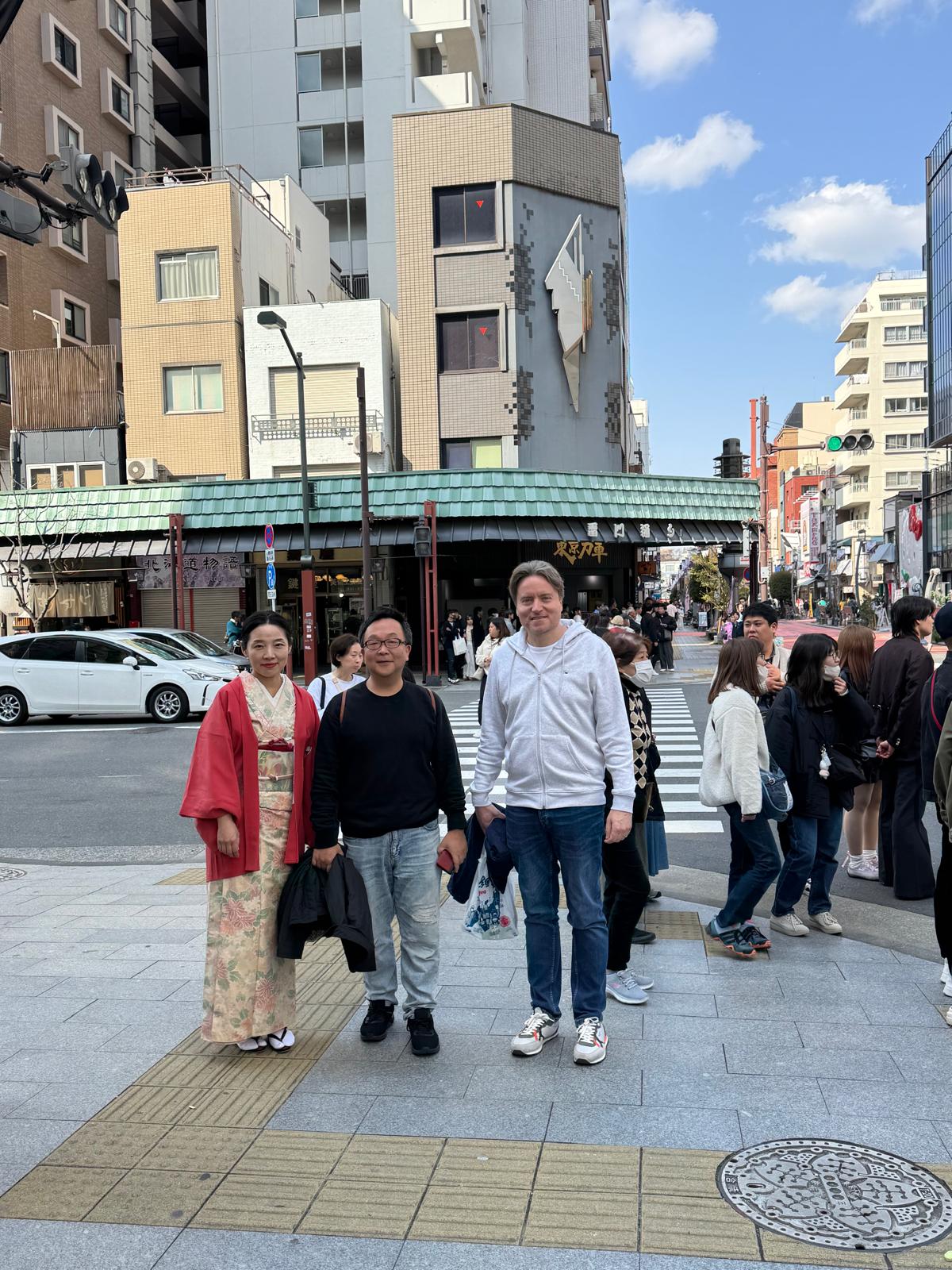
Mental Well-being
When Stress Turns Physical: 7 Silent Signs Your Body Is Begging for Emotional Support
You push through the day. Emails, meetings, responsibilities — and you tell yourself you’re just “a bit tired.”
Read the Blog







 In Childhood, reading shapes developing minds in extraordinary ways. Children who read regularly are better able to grasp abstract concepts, apply logic in various scenarios, recognize cause and effect, and utilize good judgment. Perhaps most striking is this: a children's book exposes young minds to 50% more words than watching a television show.
In Childhood, reading shapes developing minds in extraordinary ways. Children who read regularly are better able to grasp abstract concepts, apply logic in various scenarios, recognize cause and effect, and utilize good judgment. Perhaps most striking is this: a children's book exposes young minds to 50% more words than watching a television show.
 In Adulthood, the benefits become even more immediate and measurable. Researchers at the University of Sussex discovered something remarkable: participants needed to read silently for just six minutes to slow down their heart rate and ease muscle tension. Reading works better and faster than other methods to calm our nerves. Books also promote empathy, social perception, and emotional intelligence—qualities that enhance every relationship in our lives.
In Adulthood, the benefits become even more immediate and measurable. Researchers at the University of Sussex discovered something remarkable: participants needed to read silently for just six minutes to slow down their heart rate and ease muscle tension. Reading works better and faster than other methods to calm our nerves. Books also promote empathy, social perception, and emotional intelligence—qualities that enhance every relationship in our lives.
 In Older Age, reading becomes literally life-extending. A Yale University research study found that book reading contributed to a survival advantage significantly greater than reading newspapers or magazines. The mentally challenging task of reading helps maintain and build brain cells and the connections between them. Most remarkably, researchers observed a 20% reduction in mortality for those who read books compared to those who didn't.
In Older Age, reading becomes literally life-extending. A Yale University research study found that book reading contributed to a survival advantage significantly greater than reading newspapers or magazines. The mentally challenging task of reading helps maintain and build brain cells and the connections between them. Most remarkably, researchers observed a 20% reduction in mortality for those who read books compared to those who didn't.

 Set the Scene:
Set the Scene: Begin with Breath:
Begin with Breath: Read for Presence, Not Progress:
Read for Presence, Not Progress: Notice When Your Mind Wanders:
Notice When Your Mind Wanders:
 Remember: Your healing journey is unique to you. Take what serves you from this letter and leave the rest. Trust your own wisdom about what your heart and mind need most right now.
Remember: Your healing journey is unique to you. Take what serves you from this letter and leave the rest. Trust your own wisdom about what your heart and mind need most right now.
You push through the day. Emails, meetings, responsibilities — and you tell yourself you’re just “a bit tired.”
Read the Blog

From the outside, your life looks perfect — a good job, a stable income, relationships, and maybe even admiration from others.
Read the Blog

Do you lie in bed, exhausted but wide awake, your mind racing with thoughts that won’t stop?
Read the Blog








